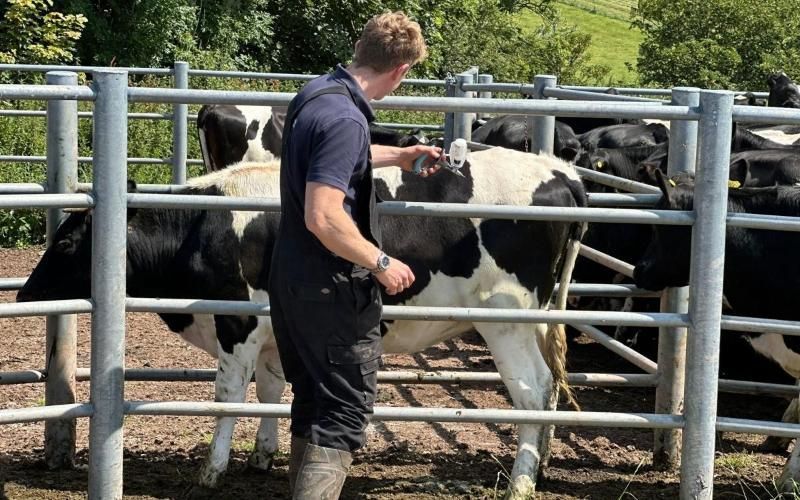Why vaccination can make or break your dairy business

Not correctly following livestock vaccine protocols could be an expensive mistake for a dairy farm. Vaccination plays an important role in managing infectious diseases and letting their administration timings slip will leave cattle exposed, warns Pembrokeshire vet Sophie Prichard. The herd will not have optimal protection against disease and the vaccine manufacturer is unlikely to provide support if a breakdown does occur.
Sophie explains that adherence to recommended datasheet protocols is essential for maximizing financial and labor investments. Missing the timing can leave a gap in protection, especially with vaccines like for Bovine Viral Diarrhoea (BVD), critical for preventing persistently infected calves. Modified live BVD vaccines need administration at least three weeks before insemination, while inactivated ones require a different protocol.
Increased attention on timing comes with schemes like BVDCymru, mandating testing of unvaccinated youngstock to screen for diseases. Choices on what diseases to vaccinate against depend on factors like disease history, herd status, and contracts. However, vaccination is just part of a comprehensive disease control strategy involving nutrition, biosecurity, and environmental management.










